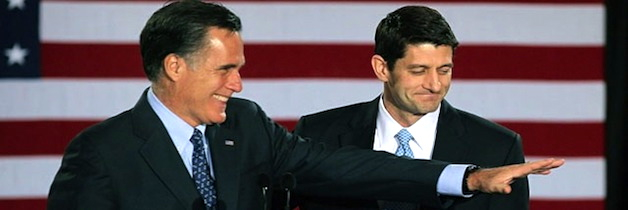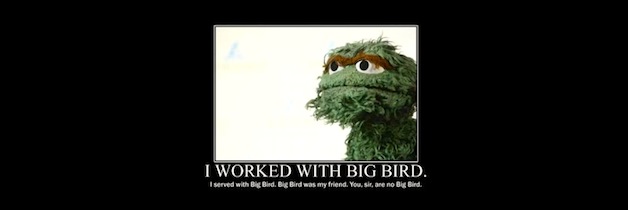There are fewer terms in the English language that are as often used and misused as “racism.”
Racism is a word that the progressives frequently use not to describe actual behavior and attitudes, but rather, they use it to drive false narratives and cow people into silence as they remake society in their own fascist image.
Enter Jamelle Bouie of Slate magazine (don’t ask why I was reading Slate) with a piece entitled “Why Do Millennials Not Understand Racism?” I was prepared for complete drivel and intellectual laziness and Mr. Bouie did not disappoint.
Let’s start with Bouie’s definition of racism (emphasis mine):
The problem is that racism isn’t reducible to “different treatment.” Since if it is, measures to ameliorate racial inequality—like the Voting Rights Act—would be as “racist” as the policies that necessitated them.
No, racism is better understood as white supremacy—anything that furthers a broad hierarchy of racist inequity, where whites possess the greatest share of power, respect, and resources, and blacks the least.
From this flawed definition, which isn’t found until the eleventh of fourteen paragraphs, we derive this entire screed which does nothing but further the left-wing claims that racism is a driving force in American life (only from white people); that racism undermines everything all non-white people try to do.
The flawed premise of the pervasiveness of racism is the biggest problem in this entire debate.
The reason we can’t combat racism effectively is because it is being misdefined by many people in the debate. I submit that mis-definition is purposeful.
As Neal Boortz often said when he had a regular radio show, “Most people who throw around the term racist can’t define the term.” Mr. Bouie is no exception to this axiom.
Of course the greatest lament of this piece is that millenials just don’t understand racism (bold mine, italics original).
Overall, MTV confirms the general view of millennials: compared with previous generations, they’re more tolerant and diverse and profess a deeper commitment to equality and fairness. At the same time, however, they’re committed to an ideal of colorblindness that leaves them uncomfortable with race, opposed to measures to reduce racial inequality, and a bit confused about what racism is.
Why are they confused about what racism is, Mr. Bouie? Because they don’t spend as much time obsessing about it as you do? Because they don’t believe race is a barrier to achievement? Because they aspire to a colorblind society?
For all of these aspirations, however, millennials have a hard time talking about race and discrimination. Although 73 percent believe that we should talk “more openly” about bias, only 20 percent say they’re comfortable doing so—despite the fact that a plurality of minorities say that their racial identities shape their views of the world.
Uncomfortable talking “more openly” about race? Could it be a significant number of those surveyed are uncomfortable talking “more openly” about race are cowed by people like Mr. Bouie who link everything to racism and are obsessed with accusing people of racism?
Could it have to do with the lynch mob that rises up and destroys the lives and livelihoods of anyone who is even accused of racial insensitivity in this country? There is a cult of race baiters who roam about looking for people to call racist so they can destroy their lives. Maybe that explains the results of the poll you lament, Mr. Bouie.
And then there’s this:
From these results, it’s clear that—like most Americans—millennials see racism as a matter of different treatment, justified by race, that you solve by removing race from the equation. If we ignore skin color in our decisions, then there can’t be racism.
Now any sane person would read that last paragraph and say “Well, duh!” However, Mr. Bouie must bash this logic by saying racism “isn’t reducible to “different treatment.”” If that’s so, let’s visit the actual definition of racism as defined by dictionary.com:
“a belief or doctrine that inherent differences among the various human races determine cultural or individual achievement, usually involving the idea that one’s own race is superior and has the right to rule others.”
Since racism is defined as a belief or doctrine, the question becomes: How does one measure this? How can you tell if a person harbors racism?
Wouldn’t the best way to tell is by how one treats others? Wouldn’t we base it on what people say to others and how they act and behave around others?






